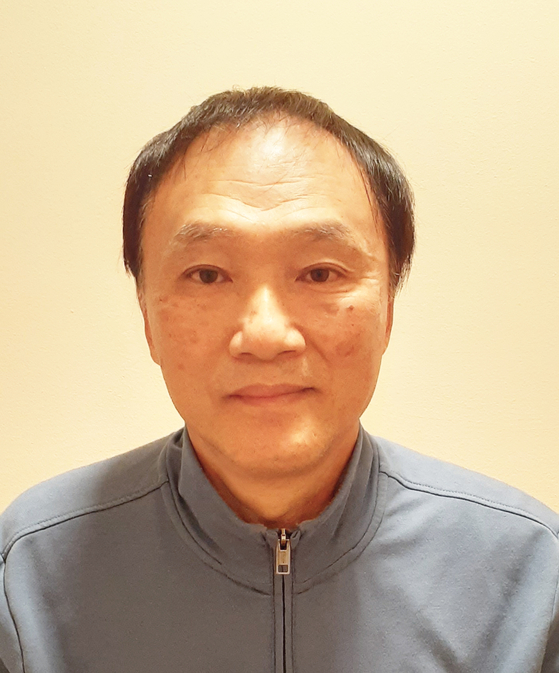Every issue has its own poet. Mentioned and reminded of it. He sings it and she sings it. A poet who broadcasts tenderness in times of cruelty, and tenderness in times of drought. A poet whose verses are preserved from the echo of oblivion. It is repeated by children and girls. A poet who has a tone that does not end in days, and a tone that does not tire.
García Lorca defeated Spanish Fascism alive and kicking. General Franco ended the moment of his absence, and Spain still raises Lorca’s name whenever asked about her identity: I am the country of Lorca, who said, “Trees die standing.” I am the country of Federico, who was killed at thirty-eight and is still alive like the willow of Andalusia.
Every issue has its own poet. Pablo Neruda was the poet of all issues: love is short, oblivion does not come, and “tonight I will write the saddest lines.” Who was the poet of Palestine? Is he not the noble, skinny, ailing man who said: From you is the sword and from us is our blood / from you are the children and the fire and from us is our flesh / from you is another tank and from us is the stone?
Mahmoud Darwish was one poet for all of Palestine, while the militants, resistance fighters, and intellectuals used to divide it into factions, fronts, and nations.
His voice resonated in every heart, and in every language, while Nabil Al-Durrah wondered: Am I a poem from Mahmoud Darwish or a hijacked plane in the Jordan Valley? Am I “Black September” or “the birds that die in Galilee?”
The slender man changed the shape of the language in the alphabet of Palestine. Turn it from the monotony of repetition to the sweetness of pain. He threw aside the bosom and sacrum, and made poetry and prose into a caring song. In his wonderful renewal, he not only remained the poet of Palestine and Venice, but also competed with the poets of love and the game of modernity. They were many. And they were from all countries. And like a deer with the pride of a deer, the poet of Carmel advanced the ranks:
Lakes are many… It is the only river… My story was short… It is the only river.
Mahmoud goes a long way in asking for poetry. Sometimes he tries, with all his fear and childhood, to be a poet without the support and wound of Palestine. He tries to be a poet in the absolute, like Nizar, Adonis or Al-Sayyab. To write love, adoration, and parting in the evening at the train station. But every moment he sees the imagination of a woman from Palestine:
Palestinian eyes and tattoos… Palestinian name… Palestinian handkerchief, feet and body… Palestinian words and silence.
With his memory, one wonders, how much gold and standing is Mahmoud worth in abstract poetry and in the poetry of Palestine? In both cases, there is no back. There is no alternative. As if he alone monopolized this title of roses and thorns, Jaffa and Bethlehem.

